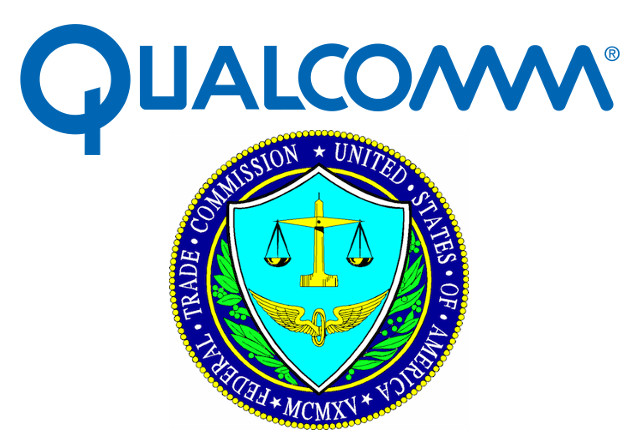Qualcomm is the leader in baseband processors used for cellular communications in smartphones and other products, and one way the company has become a leader is by leveraging its patents, by either forcing customer to first “purchase a license to standard-essential patents, including elevated royalties that the customer must pay when using a competitor’s processor”, “refusing to license its cellular standard-essential patents to competitors”, or “entering exclusivity dealing arrangements” with companies such as Apple. At least that’s according to a complaint brought by the Federal Trade Commission (FTC) in the US that accuses Qualcomm of maintaining a monopoly and using unfair methods of competition, violating the company’s commitment to license on a FRAND (fair, reasonable and non-discriminatory) basis .
The license requirements may explain why smaller companies have a hard time making Qualcomm based products, although this may have improved with the partnership with Allwinner, and the launch of Qualcomm Snapdragon 410E & 610E SoCs that can be purchased easily from distributors. Bigger companies not wanting to work with smaller ones is actually pretty common, but it’s usually because they want to focus their resources, or the salesman is not interested because his commission would not be large enough. The alleged anti-competition claims and high royalties may also explain why you still have to pay around $40 to $50 for an LTE USB stick.
However, note that the decision to launch a complaint from the FTC was not unanimous, as while two FTC commissioners voted for it, one voted against, and submitted a written statement explaining that it was “an enforcement action based on a flawed legal theory (including a standalone Section 5 count) that lacks economic and evidentiary support, that was brought on the eve of a new presidential administration, and that, by its mere issuance, will undermine U.S. intellectual property rights in Asia and worldwide”. Qualcomm also issued their own response as one would expect, where they express their belief that “the complaint is based on a flawed legal theory, a lack of economic support and significant misconceptions about the mobile technology industry”. We’ll have to find out how this turns out.
Thanks to Jon for the tip, via Arstechnica

Jean-Luc started CNX Software in 2010 as a part-time endeavor, before quitting his job as a software engineering manager, and starting to write daily news, and reviews full time later in 2011.
Support CNX Software! Donate via cryptocurrencies, become a Patron on Patreon, or purchase goods on Amazon or Aliexpress





